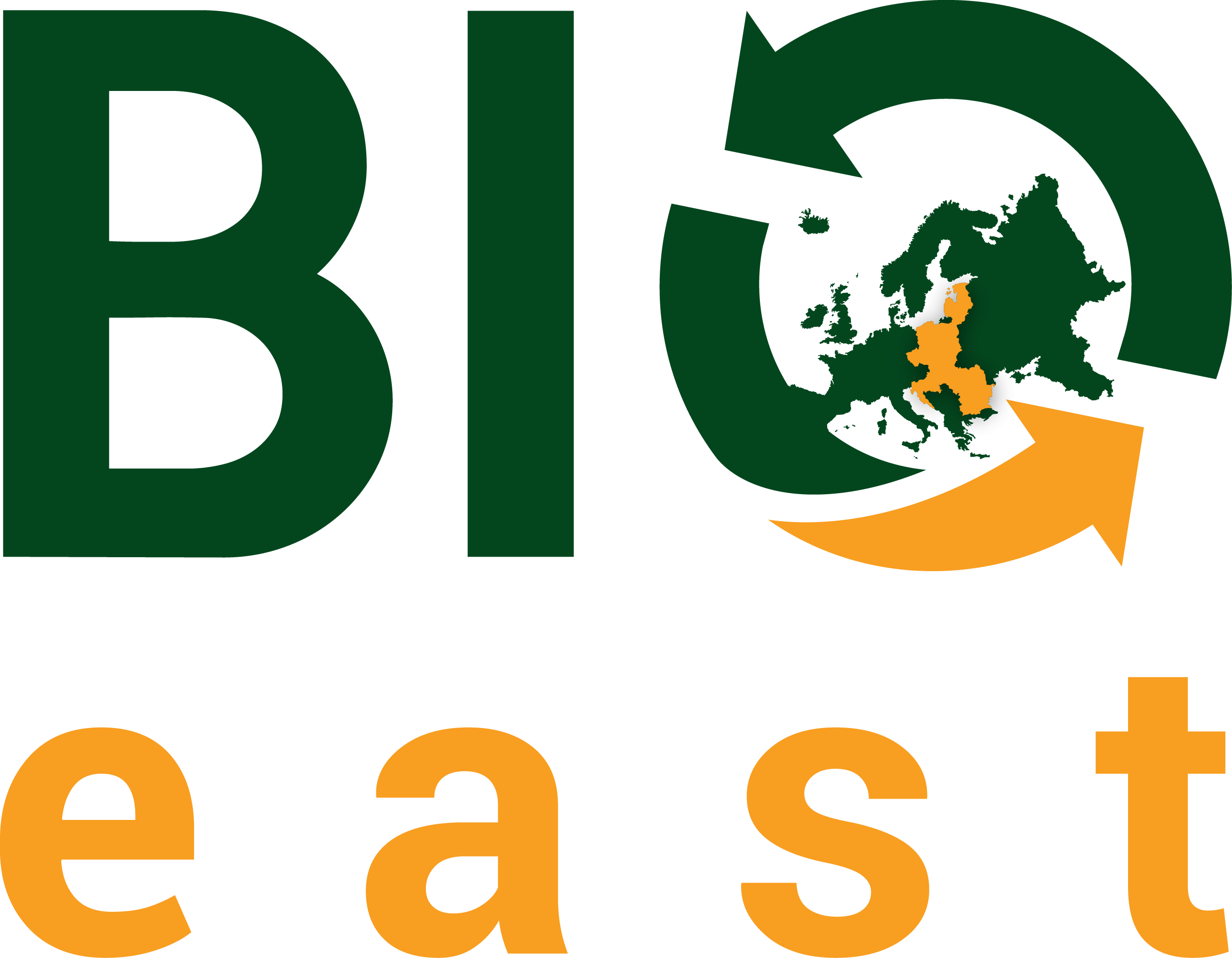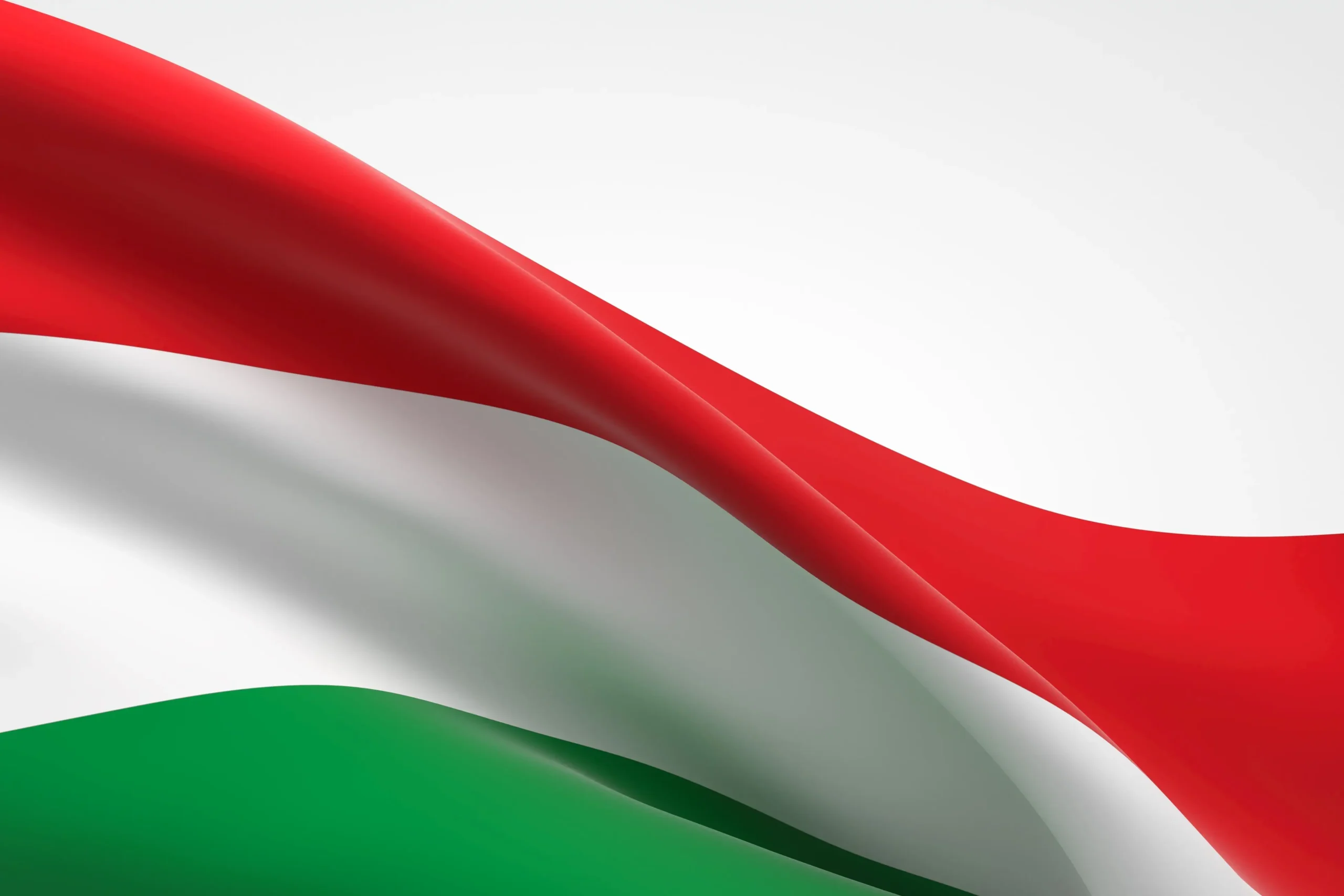Bioeconomy Policy Framework
The Ministry of Agriculture is the key governmental body overseeing bioeconomy-related policies in Hungary. Within the Ministry, the Department for Agricultural Modernization plays a central role in coordinating research, development and innovation (R&D&I) activities in the field. The Department operates under the direction of the Deputy Secretary of State for Agricultural Economy.
A key objective is to enhance regional cooperation within the Central and Eastern European macro-region, thereby increasing Hungary’s and the region’s competitiveness in the bioeconomy.
Current bioeconomy strategies and development trends
Hungary is actively engaged in EU-level initiatives, projects, and regional cooperation through the BIOEAST Initiative to support the bioeconomy transformation.


